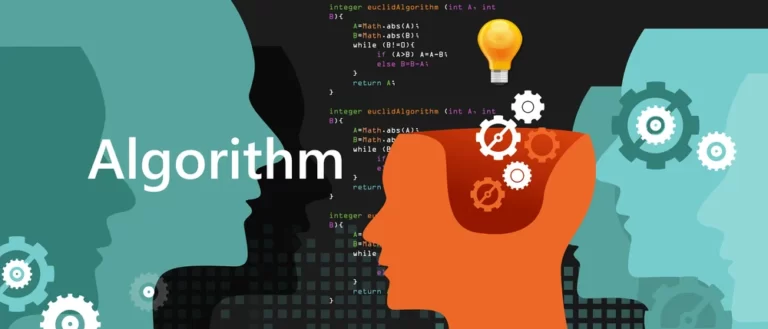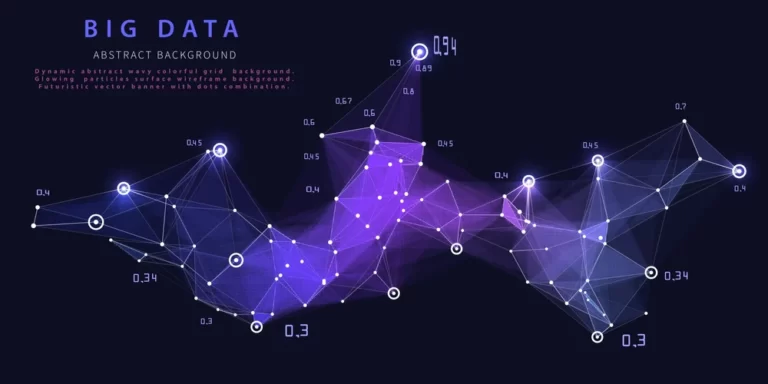Table of Contents
ToggleThe proliferation of AI technologies across industries, from healthcare to finance and beyond, has created a massive demand for AI professionals. Businesses are increasingly realizing the potential of AI to streamline operations, improve decision-making, and enhance customer experiences. This has led to a significant uptick in job openings for AI-related positions.
A Deep Dive into AI Job Categories
Machine learning engineers are responsible for developing algorithms and models that enable machines to learn from data. They work on projects such as recommendation systems, natural language processing, and computer vision.

Machine Learning Engineers often work in interdisciplinary teams and need a strong foundation in computer science, mathematics, statistics, and domain knowledge related to the problem they are addressing. Their work is essential in applying machine learning to real-world scenarios and driving innovation across various industries.
2. Data Scientist: Data scientists analyze large datasets to extract meaningful insights and make data-driven decisions. They use statistical and machine learning techniques to solve complex problems.

Data Scientists often work closely with cross-functional teams, including engineers, domain experts, business analysts, and decision-makers. They play a crucial role in leveraging data to uncover opportunities, improve processes, and drive business growth in various industries, such as healthcare, finance, e-commerce, and more.
3.AI Research Scientist: AI research scientists focus on advancing the field of AI through research and experimentation. They work on cutting-edge technologies and may publish research papers.
4. AI Ethicist: With the ethical concerns surrounding AI, ethicists ensure that AI systems are designed and used in a responsible and fair manner, addressing issues like bias, transparency, and accountability.
The role of an AI Ethicist is to ensure that artificial intelligence (AI) technologies and systems are developed and used in an ethical, fair, and responsible manner. AI Ethicists play a crucial role in addressing the ethical, societal, and legal implications of AI, as these technologies become increasingly integrated into various aspects of our lives. Here are the key roles and responsibilities of an AI Ethicist
5.AI Product Manager: AI product managers oversee the development and launch of AI-powered products and services. They bridge the gap between technical teams and business objectives.
6. Robotics Engineer: Robotics engineers design and build robotic systems, including autonomous drones, self-driving cars, and industrial robots.
7. AI Software Developer: AI software developers create software applications that incorporate AI and machine learning capabilities, making them accessible to end-users.
8. Natural Language Processing (NLP) Engineer
NLP engineers specialize in developing algorithms and models for understanding and generating human language, which is crucial for chatbots, virtual assistants, and language translation applications.
A Natural Language Processing (NLP) Engineer is a professional who specializes in the development and deployment of NLP technologies and solutions. NLP is a subfield of artificial intelligence (AI) that focuses on enabling computers to understand, interpret, and generate human language text and speech. NLP Engineers work on a wide range of tasks related to natural language understanding and generation. Here are the key roles and responsibilities of an NLP Engineer